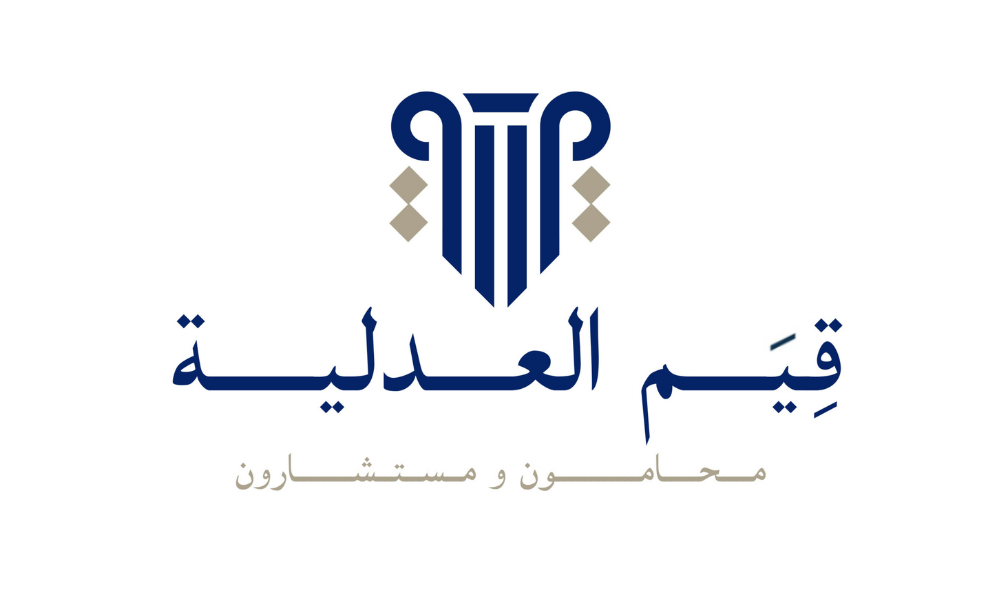The Kingdom of Saudi Arabia is witnessing a significant expansion in organizing public and entertainment events under the umbrella of Saudi Seasons — such as Riyadh Season and Jeddah Season.
This expansion demands strict compliance from organizers with safety standards and legal responsibilities. Their duty extends beyond offering a successful entertainment experience to ensuring the safety and well-being of attendees — and bearing liability in cases of harm caused by negligence or misconduct.
1. Legal Framework of Liability
Organizers’ responsibilities in Saudi Arabia are governed by several regulations, most notably:
-
The Civil Transactions Law, issued by Royal Decree No. (M/191), which includes provisions on tort liability.
-
The Civil Defense Law, which defines safety and security requirements in gatherings and events.
-
The General Entertainment Authority (GEA) regulations governing event licensing and safety standards.
Under these regulations, an organizer is legally liable for any harm to individuals or property occurring within the event premises if negligence or failure to apply preventive measures is proven.
2. Types of Incidents Covered by Liability
Various incidents may give rise to legal liability, including:
-
Visitor injuries due to poor setup, overcrowding, or inadequate organization.
-
Fires or electrical failures resulting from violations of Civil Defense safety requirements.
-
Amusement ride accidents caused by lack of maintenance or insufficient technical supervision.
-
Slips and falls within public areas due to poor lighting, cleaning, or maintenance.
In all these cases, organizers are expected to take necessary preventive measures. If negligence is proven, they are fully responsible for compensation.
3. Conditions for Establishing Legal Liability
Organizer liability is established when three main elements are present:
-
Fault or negligence (e.g., failure to provide emergency exits or exceeding venue capacity).
-
Actual harm to a visitor, worker, or participant.
-
Causal link between the negligence and the harm.
If these elements are met, the injured party has the right to seek compensation through judicial authorities or electronically via the Najiz platform.
4. Possible Compensation
Compensation varies based on the type and severity of damage and may include:
-
Material compensation for medical expenses and direct financial losses.
-
Moral compensation for emotional or psychological harm.
-
Administrative penalties, such as suspension of the event or revocation of its license in cases of repeated negligence.
The court determines the compensation amount based on evidence, medical reports, and official investigations by Civil Defense or regulatory bodies.
5. Obligations of Event Organizers
To minimize legal risks, organizers must comply with several preventive measures, including:
-
Obtaining an official event license from the General Entertainment Authority.
-
Preparing safety and evacuation plans approved by Civil Defense.
-
Appointing a certified safety supervisor to oversee on-site operations.
-
Providing comprehensive insurance covering injuries to visitors and workers.
-
Coordinating with security and medical teams to ensure rapid emergency response.
These measures are not procedural formalities — they are legal obligations that reduce the likelihood of accidents and limit organizers’ liability when incidents occur.
6. The Visitor’s Role in Risk Reduction
While the primary responsibility lies with the organizer, visitors also play a part by following posted safety instructions, avoiding restricted areas, and using facilities responsibly.
In cases of shared fault between the visitor and the organizer, courts may reduce the compensation according to each party’s contribution to the harm.
Conclusion
Safety is a legal obligation before being a logistical one.
The true success of events in the Kingdom is not measured by the size of the crowd, but by the extent of adherence to legal and human standards that protect lives and property.
As Saudi Arabia continues to expand its entertainment landscape under Vision 2030, cultivating legal awareness among organizers and visitors alike has become essential — ensuring a safe, fair, and civilized environment that reflects the Kingdom’s progressive image.
 English
English
 العربية
العربية

Comments
PYesIJQhTZADmjsYjAf
fQowgSxeBSjvNFEr
Add New Comment